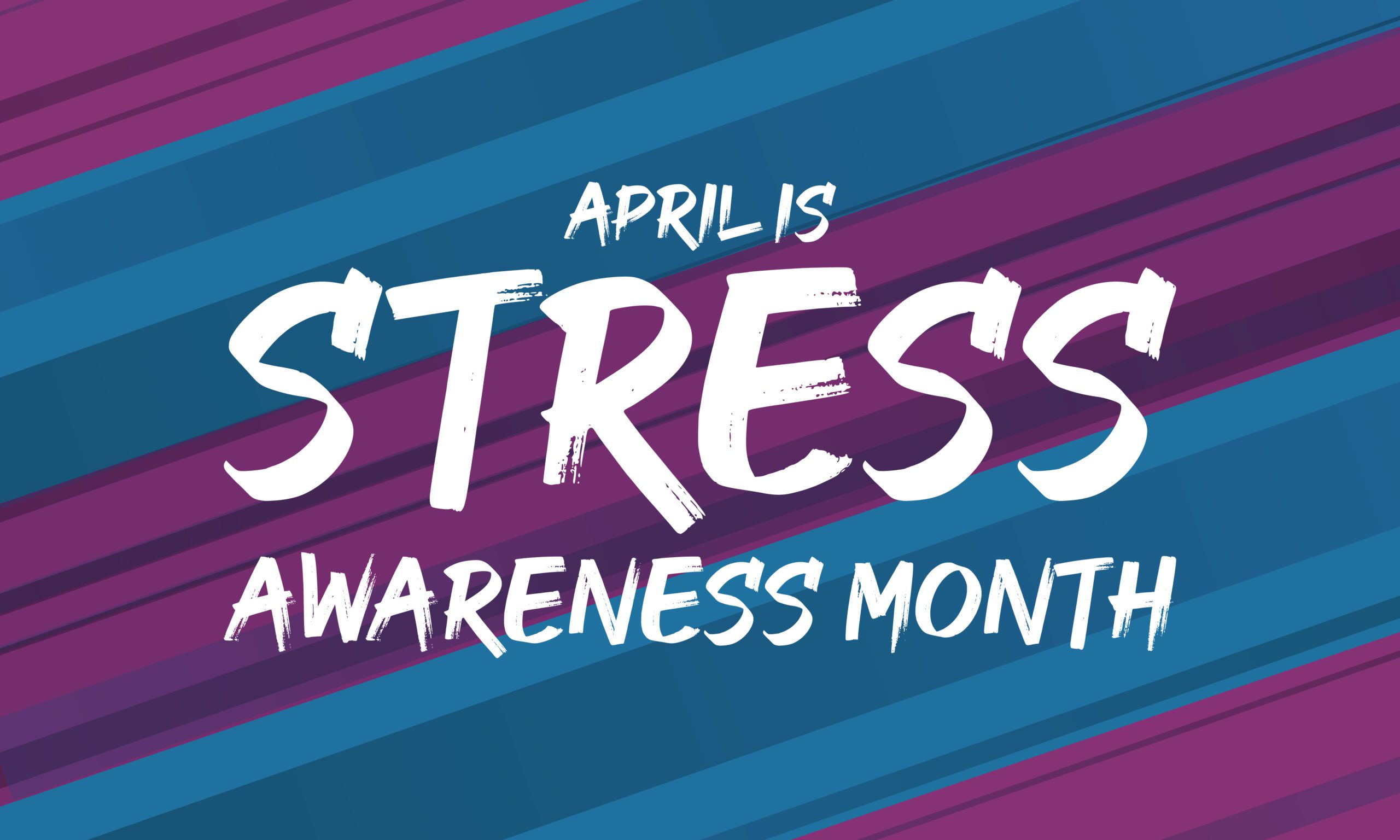Pandemic-associated emotional and behavioral changes have impacted health
KEY POINTS
- 65 percent of 1,000 surveyed American adults reported experiencing increased stress because of the COVID pandemic.
- Stress may be the likeliest cause of the reported shortness of breath, dizziness, chest pain, and elevated blood pressure.
- Stress-reduction techniques improve heart health.
- Optimism, having a sense of purpose, happiness, mindfulness, and a feeling of psychological well-being are associated with better heart health.

A recent Cleveland Clinic survey indicated that 41 percent of Americans have experienced at least one heart-related issue since the beginning of the COVID-19 pandemic. The most common symptoms cited by the survey of 1,000 American adults included shortness of breath (18 percent), dizziness (15 percent), increased blood pressure (15 percent), and chest pain (13 percent).
The survey documented that, during the COVID pandemic, frequent sitting throughout the day increased by 5 percent, while frequent walking throughout the day decreased by 4 percent.
Alternative Conclusions
While it is true that patients with heart disease can develop shortness of breath, dizziness, chest pain, and elevated blood pressure, these symptoms can occur because of many physical and mental health problems other than heart disease. Therefore, it is misleading to suggest these are all heart-related.
It is also important to note that shortness of breath, dizziness, and chest pain do not cause heart disease. Elevated blood pressure, if sustained for a long time, can cause increased heart strain.
The Cleveland Clinic survey also documented that 65 percent of Americans experienced increased stress because of the pandemic. The top reasons cited for this increase included fearing that a loved one might become ill and feeling disconnected from their loved ones.
Thus, increased stress may actually the likeliest cause of the symptoms reported in the survey. Stress is well recognized as causing shortness of breath, dizziness, chest pain, and elevated blood pressure (Searight, 2007).
Additional Essential Advice
Dr. Samir Kapadia, chairman of Cardiovascular Medicine at the Cleveland Clinic was quoted as saying the survey was conducted because “We wanted to see what kind of effect the ongoing pandemic is having on Americans’ heart health and in particular their healthy habits.” He advised that “We know 90 percent of heart disease is preventable through a healthier diet, regular exercise, and not smoking, so now is the time to refocus on our heart health.”
The American medical establishment often fails to advise patients on how emotions can affect physical symptoms, and how the self-management of emotions can help improve their symptoms.
Given the known connection between stress and the development of heart disease (Levine, 2021), best practices for heart health would be to also recommend Americans employ more stress-reduction techniques. Such techniques include biofeedback, cognitive behavioral therapy, hypnosis, meditation, and yoga (Anbar, 2014).
In addition, patients should be educated about the benefits of a positive psychological state for heart health. For example, many studies have shown that optimism, having a sense of purpose, happiness, mindfulness, higher emotional vitality, and a feeling of psychological well-being are associated with better heart health (Levine, 2021).
Takeaway
Stress can aggravate many medical conditions including heart, lung, stomach, and brain disorders. Therefore, a recommendation for enhanced stress management should be offered early in the course of treating the majority of medical disorders.
References
Anbar, Ran D. (ed). 2014. “Functional Symptoms in Pediatric Disease: A Clinical Guide.” New York, NY: Springer.
Levine, Glenn N., et al. 2021. Psychological Health, Well-Being, and the Mind-Heart-Body Connection: A Scientific Statement From the American Heart Association. Circulation. 143:e763–e783.
Searight, H. Russell. 2007. Efficient counseling techniques for the primary care physician. Primary Care: Clinics in Office Practice. 34:551–570.




